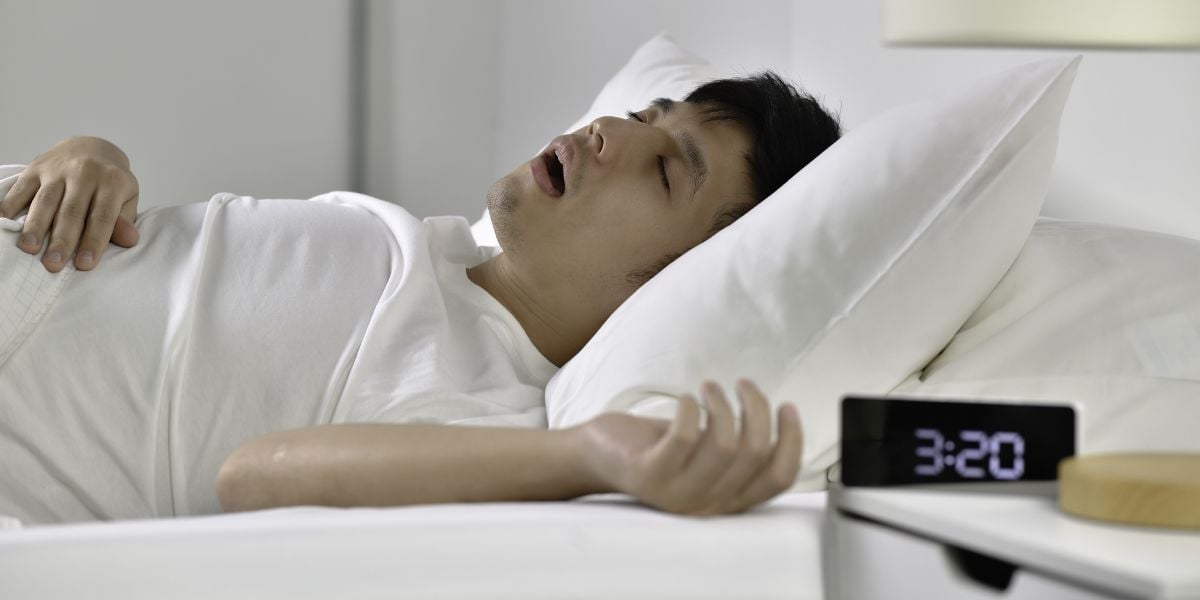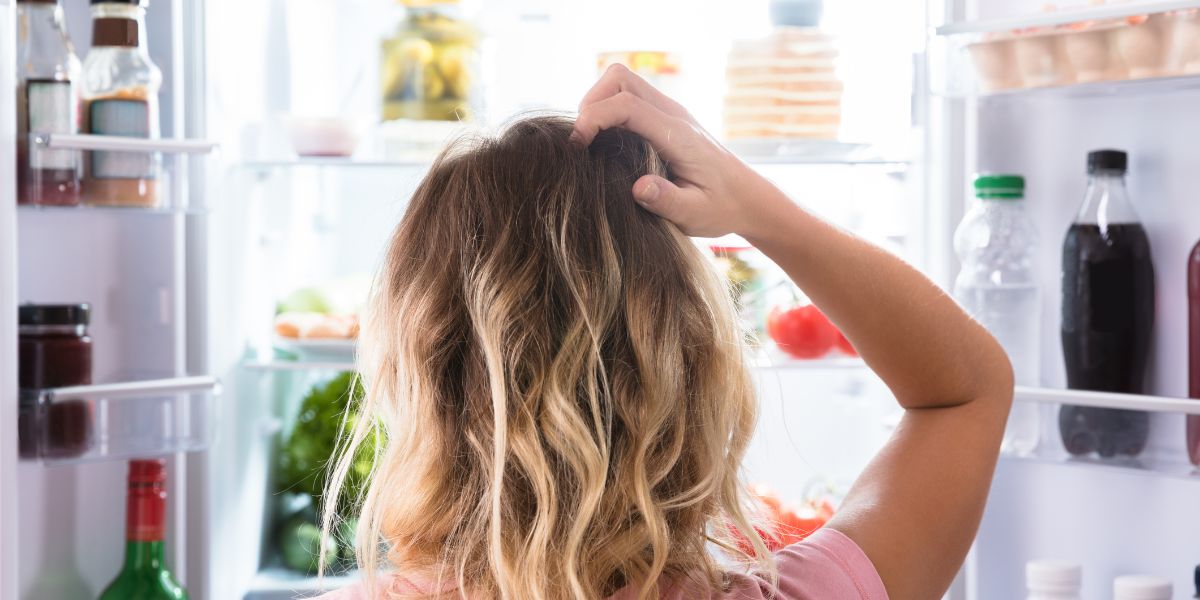Sleep can affect your blood sugar levels and your blood glucose control can also affect your sleep, which results in trouble sleeping.
Difficulty getting a good night’s rest could be a result of a number of reasons, from hypos at night, to high blood sugars, sleep apnea, being overweight or signs of neuropathy.
If you have blood sugar levels that are either too high or too low overnight, you may find yourself tired through the next day.
Lethargy and insomnia can both have their roots in blood sugar control and can be a key in re-establishing a healthy sleep pattern..
Getting a good night’s sleep
The following may help to promote better sleep:
- Keep your blood glucose under control
- Ensure your bed is large and comfortable enough – and pillows at a comfortable height
- Ensure your room is cool (around 18 degrees celcius) and well ventilated
- Ensure your room is dark and free from noise – if this is not possible, you may benefit from a sleeping blindfold or ear plugs
- Incorporating a period of exercise into each day
- Stick to a regular bed time
Can a lack of sleep be a cause of diabetes?
Research has shown that sleep deprivation and insulin resistance may be linked.
People who regularly lack sleep are will feel more tired through the day and more likely to eat comfort foods.
A good night’s sleep is important for our hormones to regulate a large number of the body’s processes, such as appetite, weight control and the immune system.
Trouble sleeping from high sugar levels
High blood sugar levels can impact upon your sleep. It could be that the high levels make it less comfortable for you to sleep – it may make you feel too warm or irritable and unsettled.
Another factor is if you need to go the toilet during the night. For people with regularly high blood sugar levels this can have a pronounced impact on your ability to get a good night’s sleep. If this is the case, be sure to mention this to your health team.
Obstructive sleep apnea (OSA) and diabetes
Obstructive sleep apnea affects people’s ability to breathe during sleep. It is most common in people who are 35-54 and particularly in people who are overweight, as this can have an impact on their ability to breathe adequately at night.
Day time tiredness and after meal lethargy
Feeling tired through the day, particularly during the morning and after meals is often a result of high blood sugar levels.
If you notice you are becoming tired during the day, test your blood sugar levels to see whether there is a correlation between the blood sugar numbers you are getting and the feelings of tiredness. Note down the numbers and how you felt.
If you are taking insulin or are at risk of hypoglycemia, tiredness or lethargy could be a result of low blood sugar, so it is recommended to test blood glucose for this reason too.
Low blood sugar (hypos) during sleep
Low blood glucose levels, hypoglycemia, can also have a negative impact upon your sleep. If you are taking insulin or other blood sugar medication, you may be at risk of low blood sugar levels during the night.
Low blood sugar levels overnight can disrupt your sleep pattern and lead to difficulty waking in the morning and tiredness through the day.
Night time hypoglycaemia can be noticeable, for example waking up sweating, or it can happen without you noticing. If nocturnal hypoglycemia is suspected, it is usually quite easy to prevent.
Speak to your healthcare team if you are experiencing night time hypos.
Restless leg syndrome (RLS)
Restless leg syndrome (also known as Ekbom syndrome) is characterised by unpleasant, uncomfortable feelings in the legs which causes one to wish to move the legs to minimise the sensation.
Such sensations may include a burning feeling or an experience as though insects were crawling on or in the legs.
Symptoms of RLS may vary from irritating to painful. RLS may be a sign that peripheral neuropathy is present. Restless leg syndrome can be treated by treating the underlying cause. If a lack of diabetes control is thought to be the reason, improving blood glucose levels could help to treat the problem of RLS.










